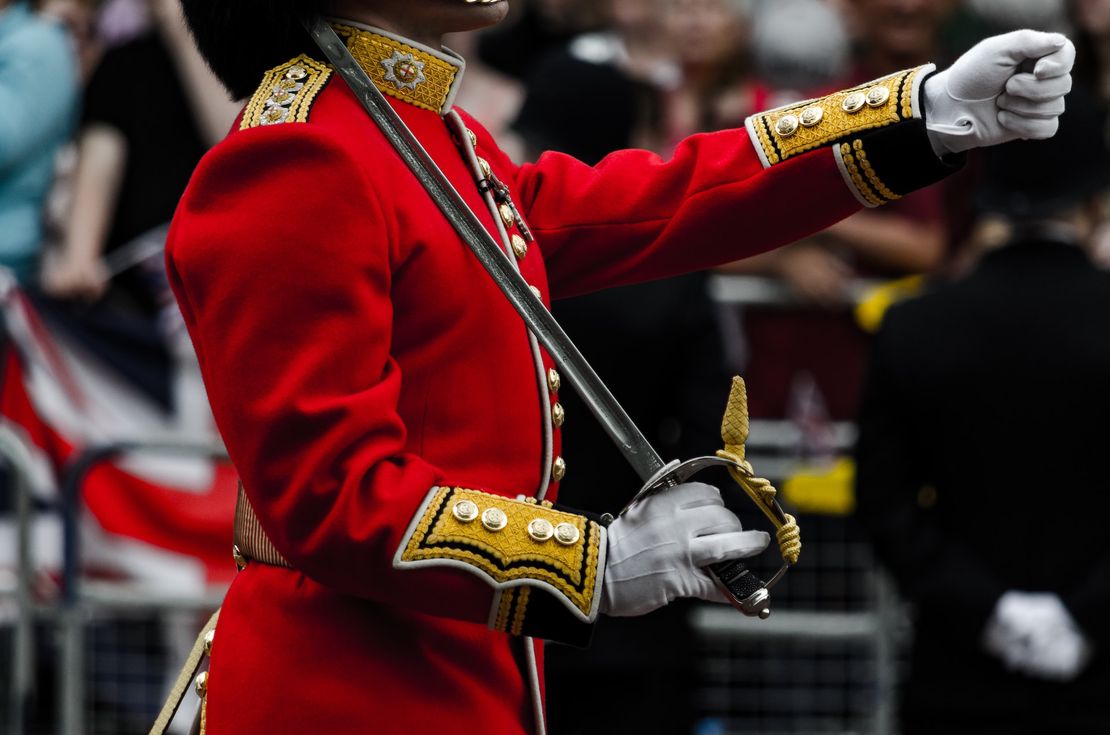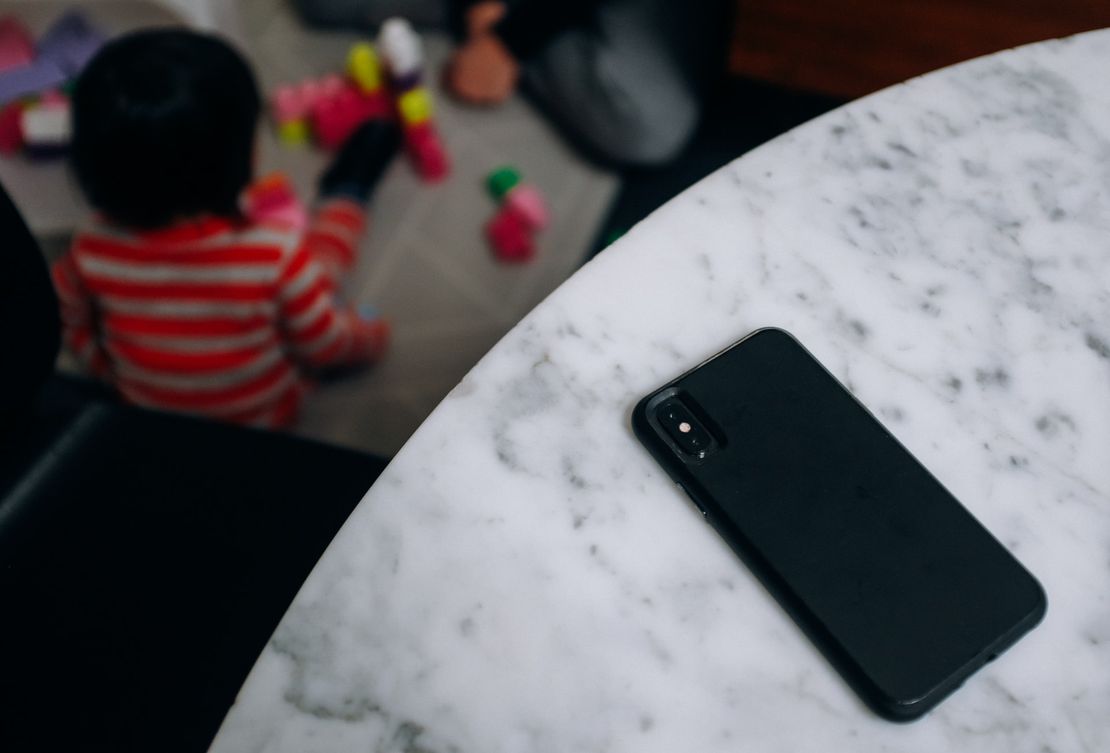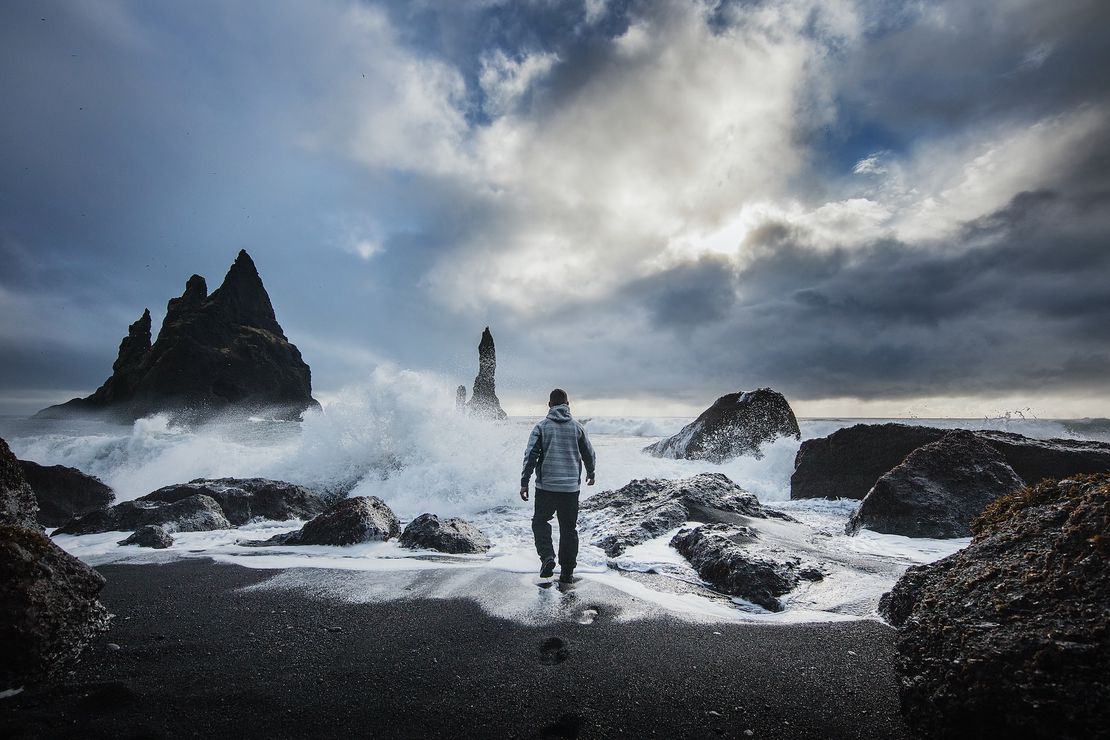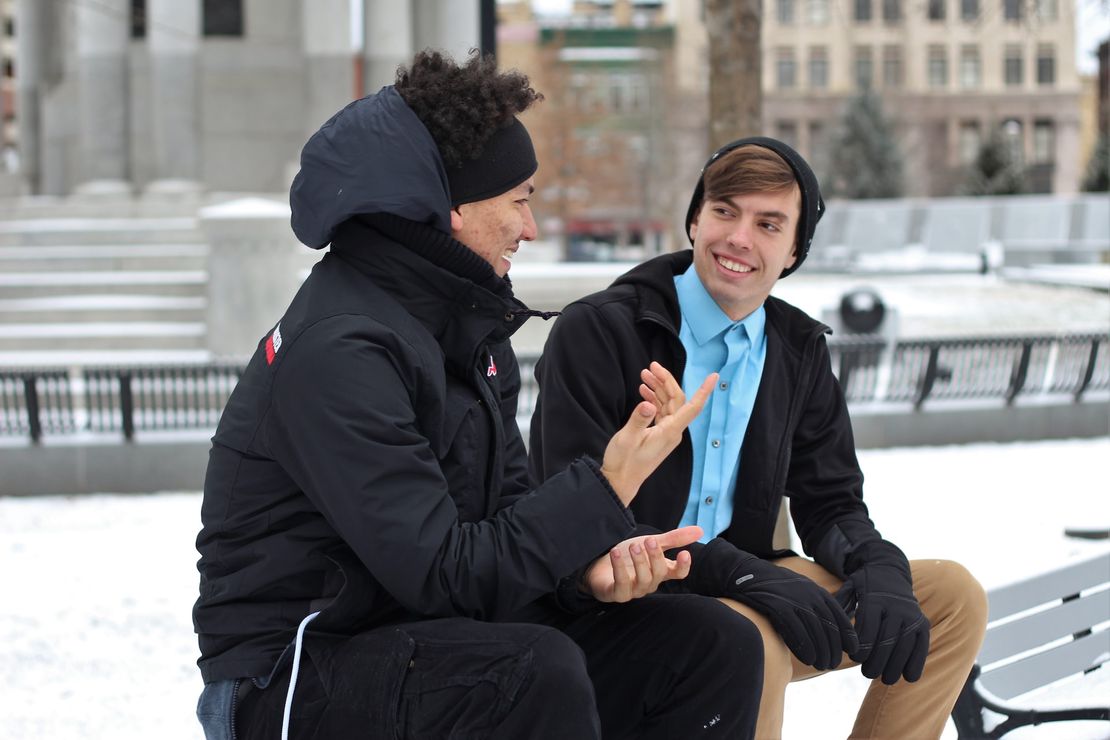
The Pervasive Impact of Conflict
- Tzvi Mogilevsky
- Trauma , Relationships
- October 20, 2023
War is a complex and profound experience, affecting not just soldiers but entire societies. When war occurs between a democracy and a culture driven by terror, the consequences are far-reaching. In this article, we explore the deep and lasting trauma caused by such conflicts and how people, communities, and nations deal with it.
What Causes These Conflicts
A quick disclaimer: the discussion of the cause goes beyond what we can write in a small section of this article. It can take a whole book or more. Nevertheless..
To understand the trauma resulting from war between a democracy and a terror-driven culture, we must first look at why these conflicts happen. They often stem from differences in ideology, power struggles, or longstanding grievances. The people “in the trenches” so to say, are often driven to a point where the tensions result in an explosive action. And the results is difficult to predict.
The clashes of values can lead to long and devastating battles, leaving scars that last long after the fighting ends. There are no winners in such wars.
The Effects of War
Remember, the soldiers, often time, are regular civilians, albeit with military training. They have family, and a normal life. Which they certainly prefer, and want to preserve.
War’s immediate impact is felt most intensely on the battlefield. Soldiers from both sides endure hardships, witnessing death (often of their close comrades), destruction, and violence.
But the trauma doesn’t end when the guns fall silent. It lingers in the lives of soldiers, civilians, and communities.
The Toll on Individuals and Communities
Soldiers who’ve served in such wars can suffer both physical and psychological wounds. Physical injuries and PTSD are common, causing flashbacks and nightmares.
Civilians caught in the conflict lose loved ones, homes, and livelihoods, leaving emotional scars. The constant threat of violence and the breakdown of social structures can lead to helplessness and despair.
Digital Exposure
In the past, the impact of conflicts was primarily felt by those directly involved, their loved ones, or individuals in close proximity to the conflict zone.
In today’s connected society, civilians are now regularly exposed to the graphical horrors of the war. Most time, unprepared for such brutal exposure, even adults can experience profound trauma.
This topic warrants a separate discussion of its own. For now, remember this: don’t unquestioningly accept everything you see. Your eyes deserve a more discerning view.
Recovery and Reconciliation
After a conflict, recovery is challenging. Mental health services provide therapy and support. At the societal level, rebuilding and reconciliation are essential. Diplomacy, truth and reconciliation processes, and education can help address the root causes and promote peace.
As an individual, if you find it hard to cope, try to lift somebody else. Make someone else’s life better, offer support. It will make a profound impact on you and help you get stronger yourself.
Global Impact
The impact of war between a democracy and a terror-driven culture extends beyond the involved nations. It affects international relations and security policies, highlighting the importance of diplomacy, conflict resolution, and countering extremism worldwide.
Economic impact is rather significant. So don’t expect things to be smooth for a while. It is a good thing though. When we don’t expect things to be perfect, the world somehow becomes a better place. We become better, more tolerant.
In Closing
War leaves a profound mark on individuals and nations. When democracy clashes with terror-driven culture, the trauma can be deep and enduring. But history shows that resilience and healing are possible. By understanding the causes and consequences of such conflicts and working towards peace, we can move towards a world where the scars of war don’t define us.
As individuals, our job, everywhere we are, to make the world a better place. Ask, “what does G-d really want me to do now?”


